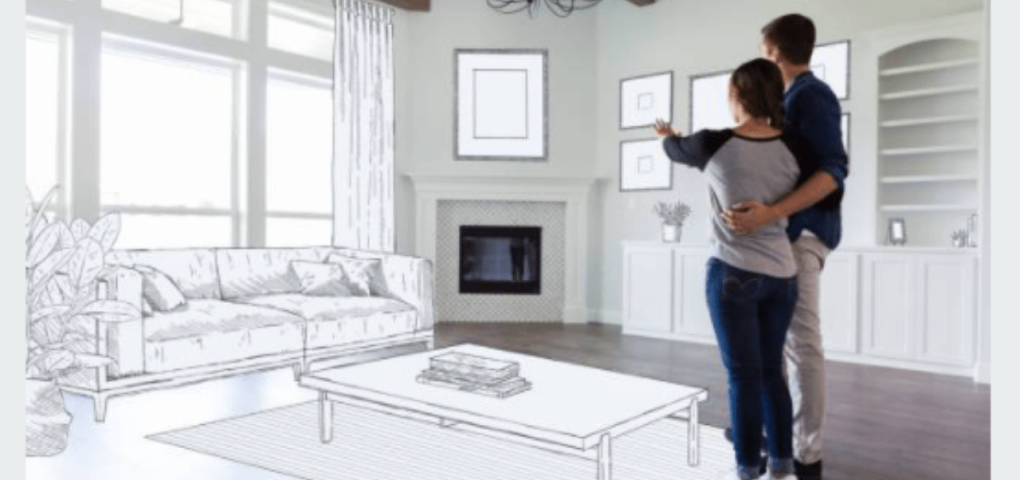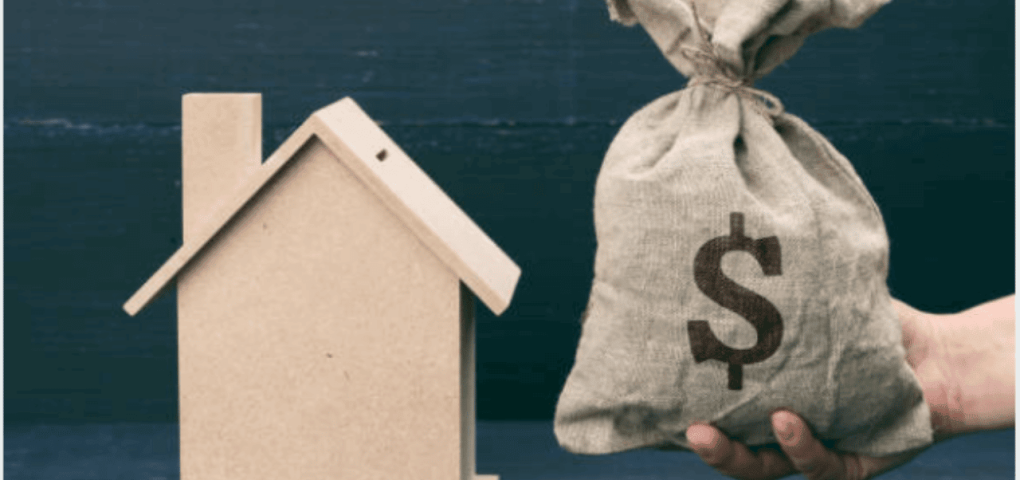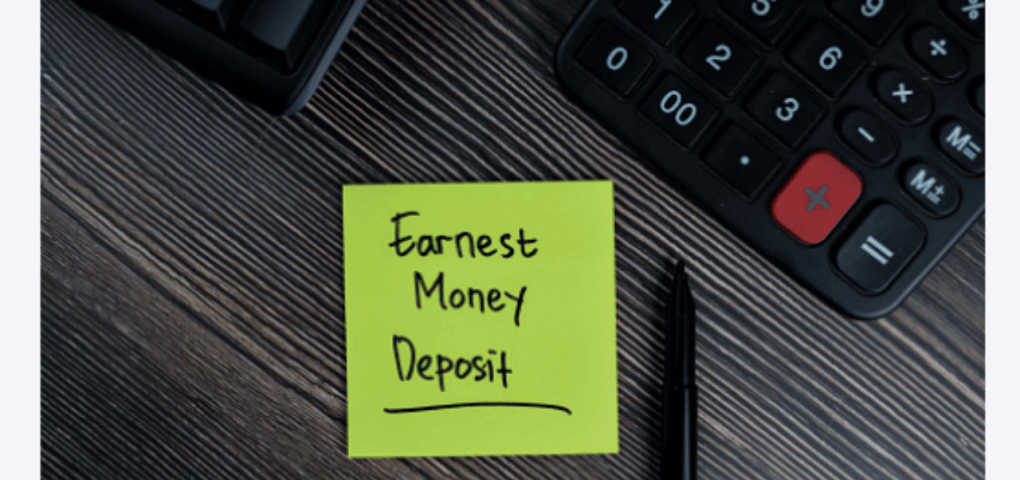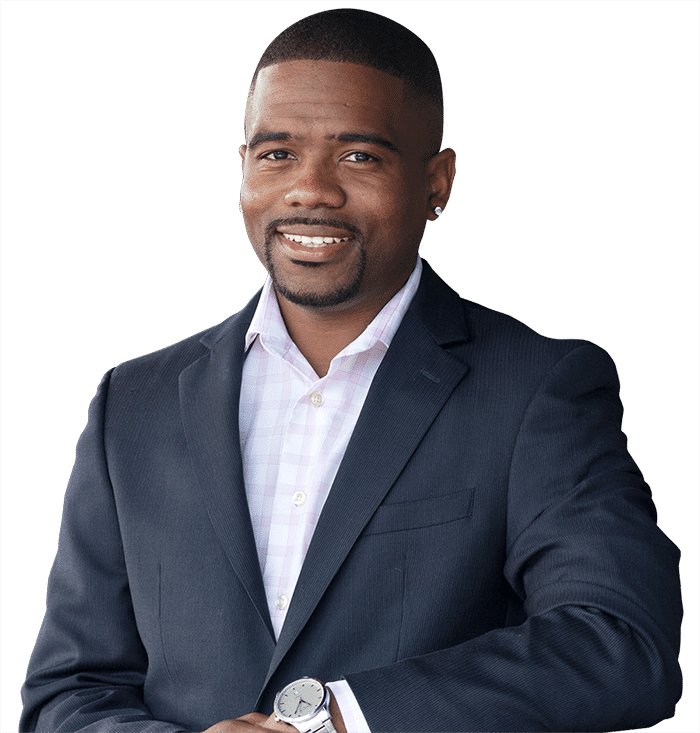There are some things you need to know before buying your first property. As a real estate agent, I see individuals and couples make mistakes when purchasing a primary home.
Hopefully, this article will give you all the information you need so you don’t fall for the same. Below are five of the biggest mistakes new homeowners make.
Not Considering Your Life Situation
You need to think about your life situation when thinking of buying a new home. Everybody is in a different position.
During your late teens and early twenties, you don’t have a lot of baggage, and your responsibilities are minimal if any. Similarly, you don’t have any dependents counting on you.
That’s a stark contrast from a client in their early 30s. People in this age group have a lot on their plate. From children, pets, and even their careers, there’s a lot at stake. The decision to purchase a new home won’t be as easy.
A great solution is house hacking. House hacking involves buying a property that typically requires some renovation. The idea is to live in the home while carrying out the repairs; you stand to gain equity.
If you’re a first-time homeowner without a lot of responsibilities, then you should give house hacking a chance. You won’t have to stay too long on the property; two to three years is enough. You’ll have to pay taxes on it, though.
Two to four units are enough because it qualifies you for a Federal Housing Administration (FHA) home loan. These loans are government-subsidized with lower credit scores than regular ones and require an equally lower down payment.
The down payment is usually 3.5% of the purchase price. These features make them popular among first-time homeowners.
The only catch to an FHA home loan is paying a mortgage insurance premium you spend on top of the principle and interest. You can get this loan for up to four units, so if you’re thinking of ways to make a passive income or build generational wealth, house hacking is a great alternative.
Say you bought three units at $200,000 then rented each at $800 a month; that’s $1600 because the government requires you to live in the home if you get an FHA loan. Of course, you’ll have to factor in various costs such as:
- Maintenance
- Insurance
- Taxes
- Insurance.
There's No Such Thing as a Perfect Home

Whether it’s a single or multi-family house, the price range doesn’t even matter. There’s an exercise I like to do with my clients when looking at potential homes. I always ask them to list three to five qualities and features they would want this house to have. Some of the entries might include:
- A big backyard with a fence
- Huge closet space
- A master bath
- An open floor kitchen
- A garage attached to the house.
Get at least five to ten items on your list. A minimum of five is most suitable. The goal is to get seventy-five to eighty percent of these things. A home with five to seven of these items is an excellent investment. No house is going to have everything you’re looking for.
So to get the best out of the experience, write down a list of must-have qualities. This way, your real estate agent knows what to look out for, thus improving your customer experience. Every agent’s dream is to meet their clients’ needs.
Not Knowing The Full Cost

Your real estate agent should prepare you not only mentally but financially for all the potential costs and expenses involved in home buying. There are all kinds of expenses, ranging from:
- The down payment
- Taxes
- Insurance.
Have the bank or your real estate agent provide you with a Loan Estimate Cost Sheet. This financial document gives you a rough idea of how much in payments you’ll be making every month. This figure is based on your taxes and purchase price.
It’s essential to keep in mind that your payment could fluctuate based on the location. Some areas have a steeper levy than others, sometimes as high as 3% resulting in a higher monthly payment.
Having the Wrong Mindset
One common mistake first-time homeowners make is thinking the property costs precisely what the online ads say. I say this because a lot of the time, clients take these estimates too seriously.
Thanks to the internet, there’s a lot of information available, and, understandably, clients would want to be informed.
Unfortunately, websites like Zillow don’t buy the home for you. They’re simply a data system, and you’re much better off getting comparables from your real estate agent. That way, they can show you how much homes in that particular neighborhood sell for over six months.
The agent can then give you a comprehensive market analysis. They can tell you why this property sells at $200,000, but this one can’t. It could be because it doesn’t have upgraded countertops or stainless steel appliances.
These factors will help you make a calculated and well-thought-out decision. There’s plenty of tools such as:
- Your county assessor’s website
- Realtor.com, and so on.
However, the best tool you could use is your real estate agent because they have the data needed to make a comparison. Another thing to look out for in the Loan Estimate Cost Sheet is your Closing Cost.
According to the lender (bank), the closing cost may vary a lot according to the lender, but it typically takes up 2 to 3% of the purchase price.
Most often, buyers will ask the sellers to pay this cost out of the purchase price. The seller has the right to agree or decline the request since it isn’t mandated by law.
Being in a multiple offer situation might risk getting your closing cost paid because of an escalation clause. An escalation clause means that the buyers compete against one another, leading you to waive the closing price.
Earnest Money Deposit

Earnest money, also known as a good faith deposit, is used to demonstrate a buyer’s seriousness towards purchasing a home. Once you hit the $200,000 mark, sellers want to make sure you have more skin in the game.
They might ask you to pay within the $2000 to $2500 range, anywhere up to 1% of the property value. Your earnest money deposit also goes towards your closing amount.
Bottom Line
Hopefully, these tips will prevent you from making these common mistakes and help you get the most out of your first home purchase. If you have any questions, please reach me through my email or socials. Remember, in the dream, we trust, but you have to work for it!





